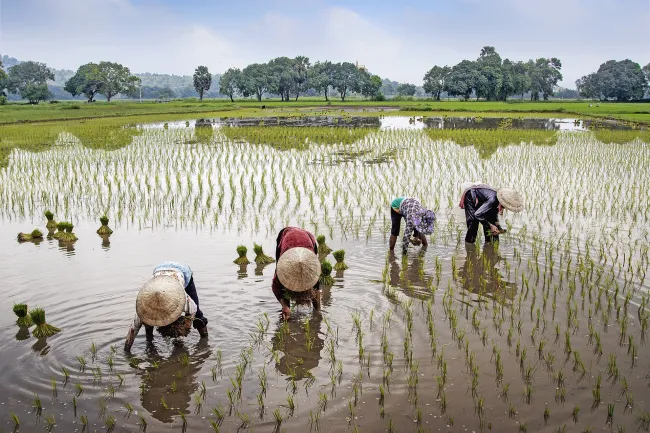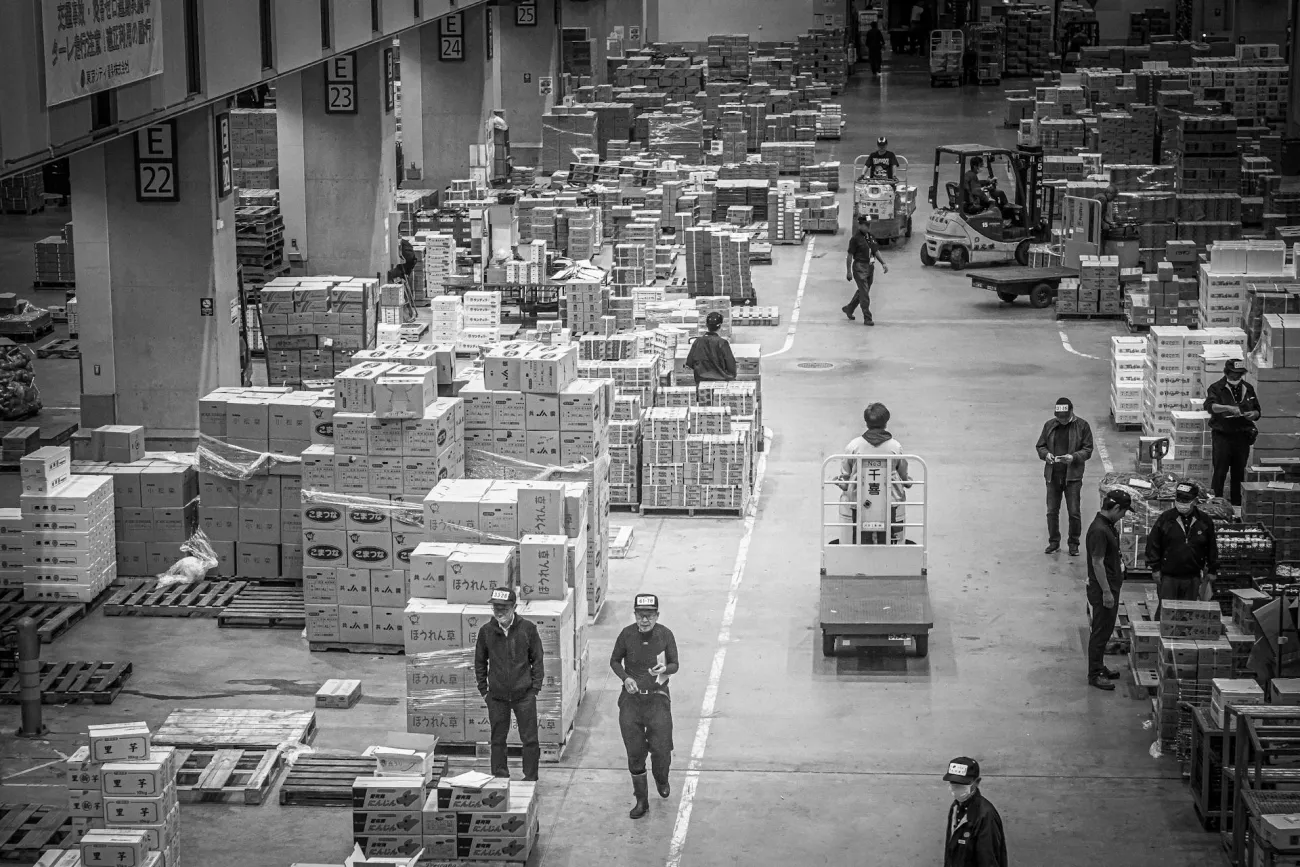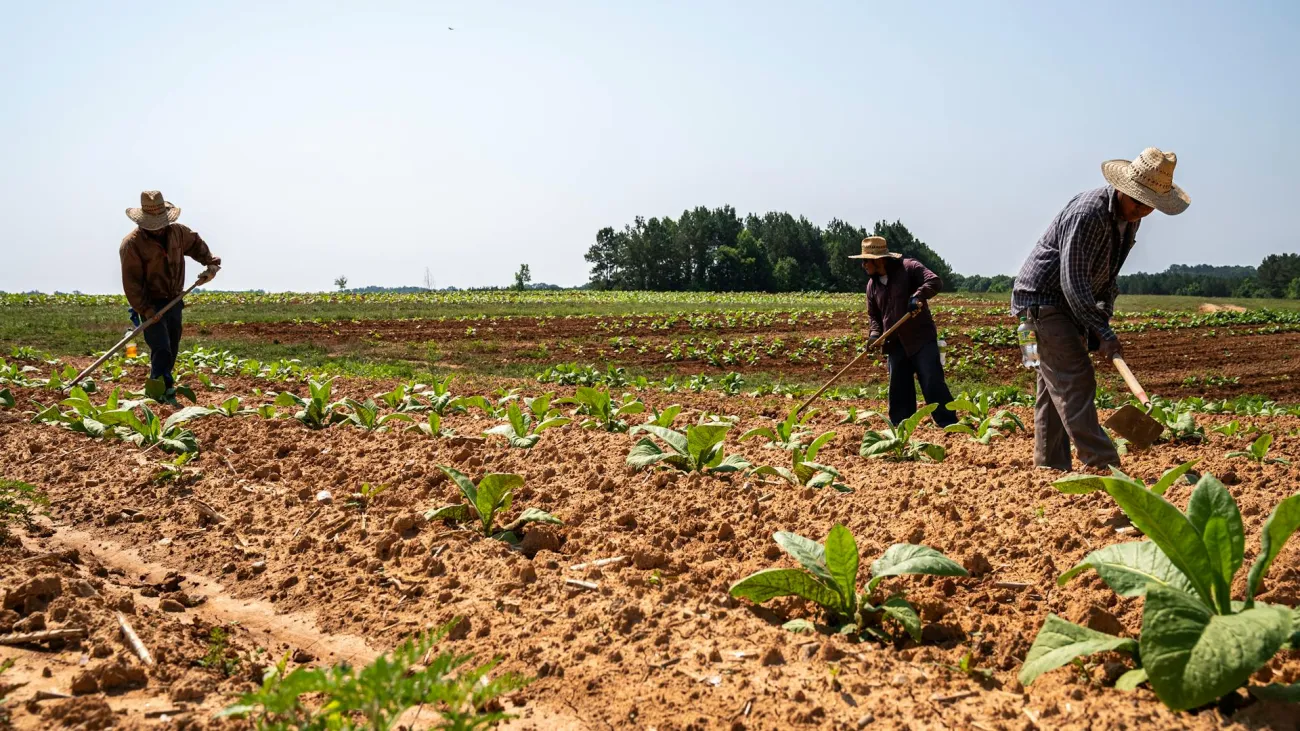This article discusses how La Via Campesina (LVC) has transformed agrarian politics and anti-capitalist movements to promote an alternative future for the agrarian world. LVC is an international peasants' movement, founded in 1993, that as of 2023 has 182 member organisations in 81 countries and represents roughly 200 million peasants, small to medium-sized farmers, and landless rural labourers. Whilst LVC is primarily agrarian and anti-capitalist in its composition and politics, it also includes elements of food, environmental, and climate justice politics.

The paper discusses how the movement has contributed to these ideals of environmental and climate justice locally, nationally, and internationally, it also caters to a diverse range of issues, social groups, and organisations. For example the article describes how LVC has:
- Highlighted the role of agrarian politics in contributing solutions to many social, economic, and climate issues.
- Transformed how knowledge is generated, attributed, circulated, exchanged, and used in relation to the rural world.
- Co-constructed the field of Critical Agrarian Studies, which critically analyses the causes, conditions and consequences of societal transformations within the rural world, particularly for marginalised groups.
Finally, the article compares ‘half-empty and ‘half-full’ criticisms of LVC. ‘Half-empty’ criticisms focus on the failings and shortcomings of a movement, whilst a ‘half-full’ approach ensures these failings and shortcomings are put in the wider context of positive gains. Based on this the author suggests that ‘half-full’ criticisms are the best starting point for continuing to enhance and improve the outcomes of the LVC movement.
Paper abstract
La Via Campesina has revalorized agrarian politics, transformed knowledge politics, and co-constructed the field of Critical Agrarian Studies. It has shown the important role of agrarian movements in anti-capitalist struggles and the radical reimagination and construction of a positive future. The significance of LVC is found not in the shrinking numerical size of farming populations or in agriculture’s dwindling macroeconomic contributions to national economies, in relative terms, but in the political heft of what it represents in terms of an alternative future that is so different from the current agrarian world.
Reference
Borras Jr, S.M., 2023. La Via Campesina–transforming agrarian and knowledge politics, and co-constructing a field: a laudatio. The Journal of Peasant Studies, 50(2), pp. 691-724.
Read the full paper here. See also the TABLE explainer What is food sovereignty?




Comments (0)